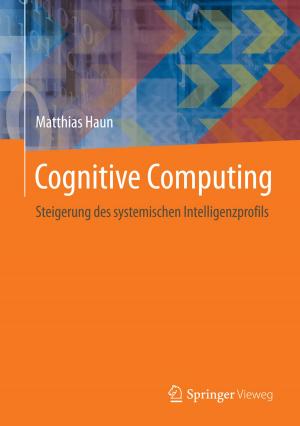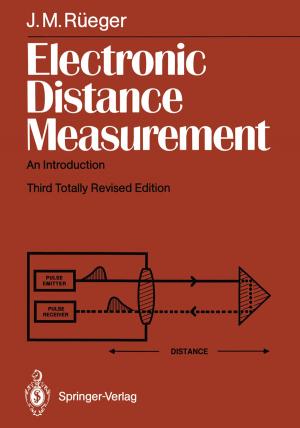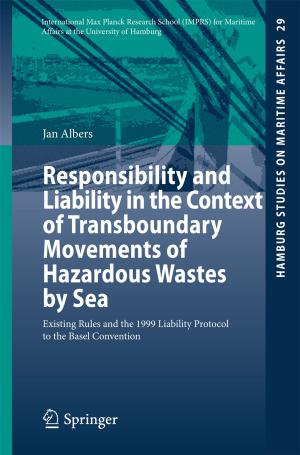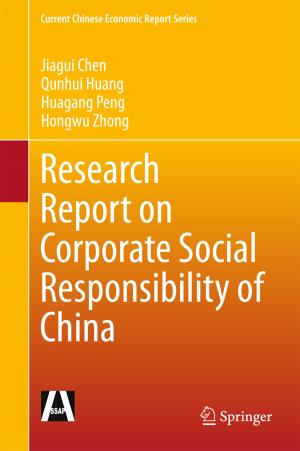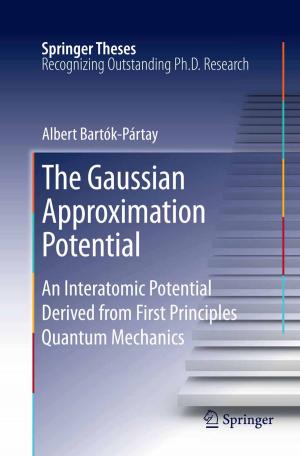Voting Procedures under Uncertainty
Business & Finance, Management & Leadership, Operations Research, Economics, Theory of Economics, Nonfiction, Social & Cultural Studies, Political Science| Author: | Hannu Nurmi | ISBN: | 9783540248309 |
| Publisher: | Springer Berlin Heidelberg | Publication: | December 6, 2012 |
| Imprint: | Springer | Language: | English |
| Author: | Hannu Nurmi |
| ISBN: | 9783540248309 |
| Publisher: | Springer Berlin Heidelberg |
| Publication: | December 6, 2012 |
| Imprint: | Springer |
| Language: | English |
We live in an uncertain world, is a truism most of us hear more often than we would like. What one usually means to say by this is that we do not know what will happen in the future. Since changes, even major ones, have occurred in the past, it is possible that they will occur again in the future. In politics institutions are ways of coping with continuity and change. In democratic systems the electoral institutions provide ways of peaceful adjustment to changes in popular opinions. This book is about uncertainty as it pertains to electoral institutions. We shall deal with the ways in which analytic models are capable of taking into account voter uncertainty, ignorance and incompetence. We shall also discuss how uncertainty pertains to electoral outcomes. Given voter opinions, there is often a wide variation in the possible electoral outcomes. This could be called procedure-dependence of outcomes. Its existence shows that uncertainty is not something that can characterize only future events. It can pertain to past ones as well. This work is part of the Democracy and Constitution Project of Center for Business and Policy Studies (SNS). The idea of writing a book on the performance of voting procedures under uncertain cir cumstances came up in my correspondence with Dr. Per Molander of SNS a few years ago.
We live in an uncertain world, is a truism most of us hear more often than we would like. What one usually means to say by this is that we do not know what will happen in the future. Since changes, even major ones, have occurred in the past, it is possible that they will occur again in the future. In politics institutions are ways of coping with continuity and change. In democratic systems the electoral institutions provide ways of peaceful adjustment to changes in popular opinions. This book is about uncertainty as it pertains to electoral institutions. We shall deal with the ways in which analytic models are capable of taking into account voter uncertainty, ignorance and incompetence. We shall also discuss how uncertainty pertains to electoral outcomes. Given voter opinions, there is often a wide variation in the possible electoral outcomes. This could be called procedure-dependence of outcomes. Its existence shows that uncertainty is not something that can characterize only future events. It can pertain to past ones as well. This work is part of the Democracy and Constitution Project of Center for Business and Policy Studies (SNS). The idea of writing a book on the performance of voting procedures under uncertain cir cumstances came up in my correspondence with Dr. Per Molander of SNS a few years ago.





